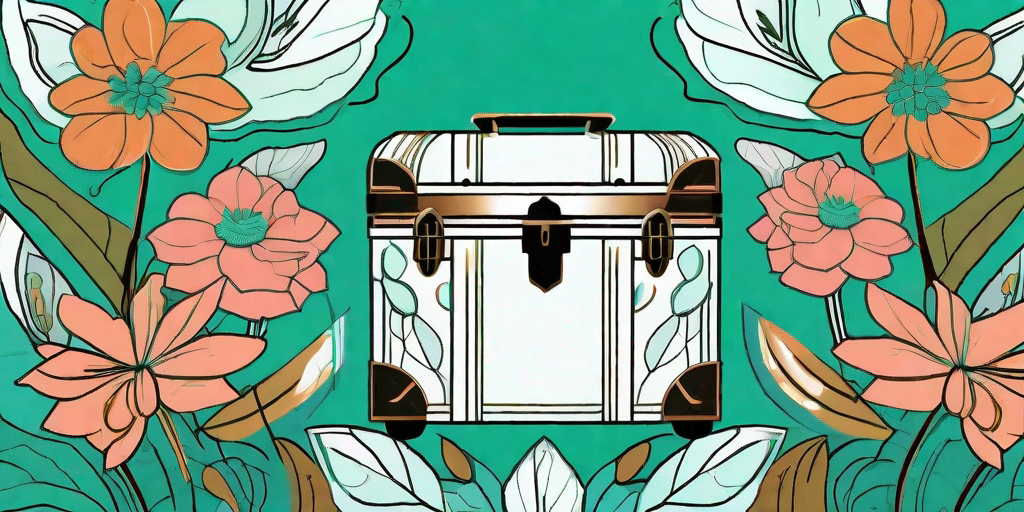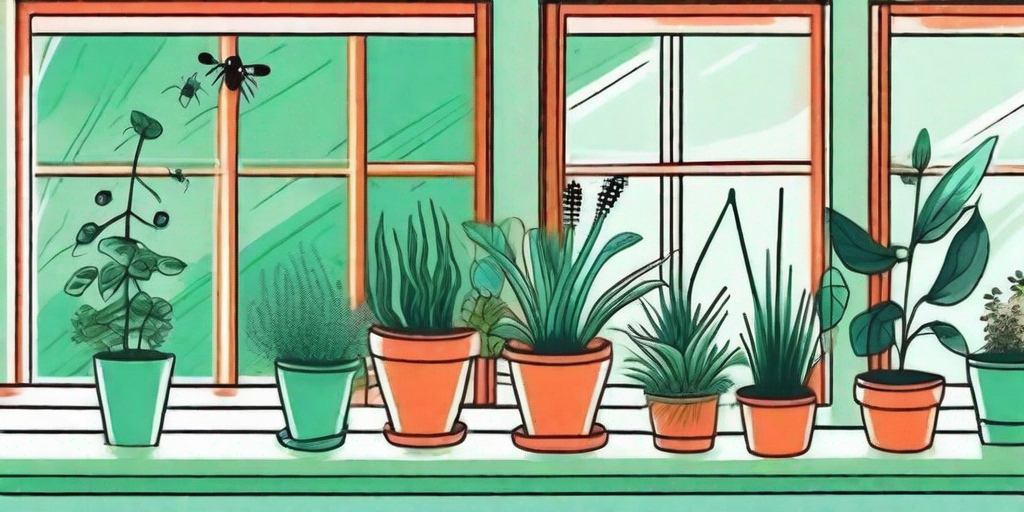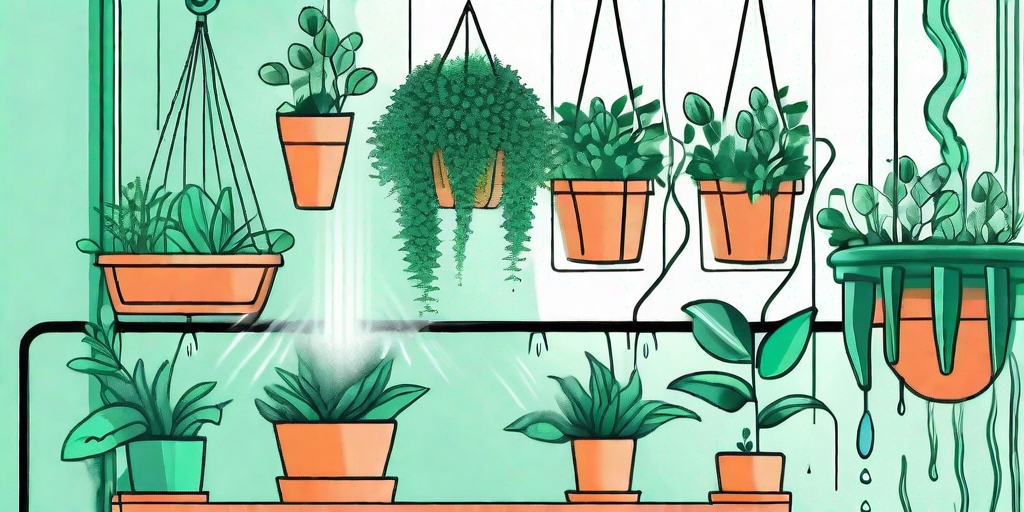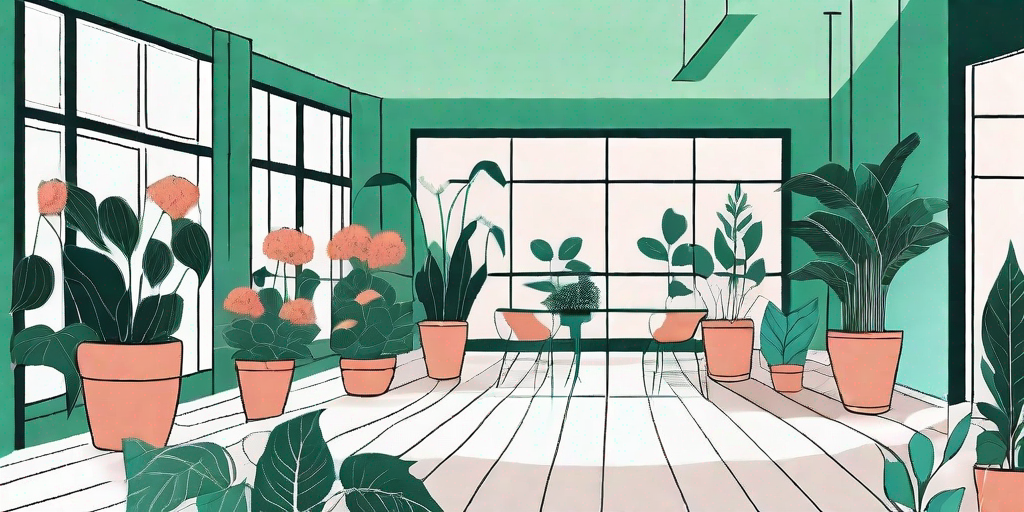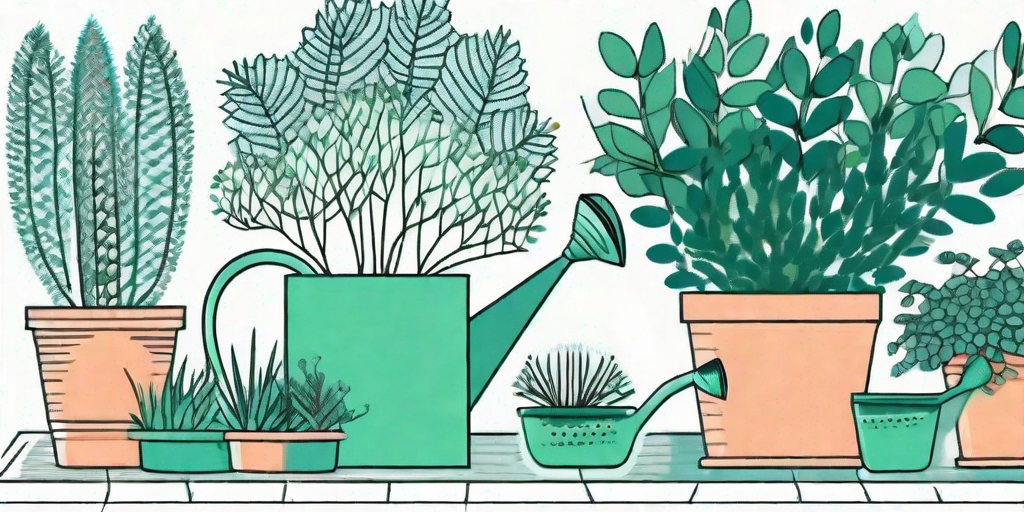
Welcome to the world of Albenda flowers, where beauty blooms and fragrance fills the air. These stunning flowers, with their vibrant colors and unique shapes, have been capturing the hearts of gardeners and flower enthusiasts alike. But how does one grow these beauties? Well, buckle up, my green-thumbed friends, because we're about to embark on a horticultural journey of epic proportions.
The Basics of Albenda Flowers
Before we dive into the nitty-gritty of Albenda cultivation, let's take a moment to appreciate the basics of these floral wonders. Albenda flowers, also known as the "Queen of the Garden", are native to the tropical regions of Asia and Africa. They are renowned for their large, bell-shaped flowers that come in a variety of colors, including white, pink, and purple.
Albenda flowers are not just pretty faces; they are also known for their resilience. These hardy plants can withstand a variety of weather conditions, making them a favorite among gardeners worldwide. However, they do have their preferences, and understanding these will be key to your Albenda growing success.
Soil and Sunlight
Albenda flowers are sun-loving plants that thrive in well-drained soil. They prefer a sunny spot in your garden where they can soak up at least six hours of sunlight each day. But don't worry, they won't turn their noses up at a bit of shade, especially in the hotter parts of the day.
When it comes to soil, Albendas aren't too picky. However, they do prefer a well-drained soil that's rich in organic matter. So, if your garden soil is more sand than soil, you might want to consider adding some compost or other organic matter to give your Albendas the best start in life.
Planting and Caring for Your Albendas
Now that we've covered the basics, let's move on to the fun part: planting and caring for your Albendas. This is where the magic happens, and with a bit of patience and care, you'll soon have a garden full of blooming beauties.
Planting Albendas is a straightforward process. Simply dig a hole twice as wide and as deep as the root ball of your plant, place the plant in the hole, and fill it in with soil. Water thoroughly, and voila! You've just planted your first Albenda.
Watering and Fertilizing
Albendas are thirsty plants, especially during the growing season. They prefer a good soak once a week, rather than a little sprinkle every day. However, be careful not to overwater, as this can lead to root rot.
When it comes to feeding your Albendas, a slow-release fertilizer applied in the spring and again in the summer should do the trick. This will provide your plants with the nutrients they need to produce those stunning blooms we all love.
Pruning and Pest Control
Pruning your Albendas is a great way to keep them looking their best. A good prune in the early spring will encourage new growth and help your plants produce more flowers. Just be sure to use a sharp, clean pair of pruning shears to avoid damaging your plants.
As for pests, Albendas are relatively pest-resistant. However, they can occasionally fall victim to aphids or whiteflies. If you notice these pesky critters on your plants, a simple spray of insecticidal soap should send them packing.
FAQs
How often should I water my Albendas?
Albendas prefer a good soak once a week. However, this can vary depending on the weather conditions. In hot, dry weather, you may need to water more frequently.
When is the best time to plant Albendas?
The best time to plant Albendas is in the spring, after the last frost. This gives the plants plenty of time to establish themselves before the winter.
Do Albendas attract bees?
Yes, Albendas are known to attract bees and other pollinators. So, if you're looking to create a bee-friendly garden, Albendas are a great choice.
Conclusion
There you have it, folks. The secret to growing stunning Albenda flowers. With a bit of care and attention, you too can have a garden full of these blooming beauties. So, what are you waiting for? Grab your gardening gloves and get planting!
And remember, gardening is not just about the destination; it's about the journey. So, enjoy every moment, from the planting to the blooming. Happy gardening!



